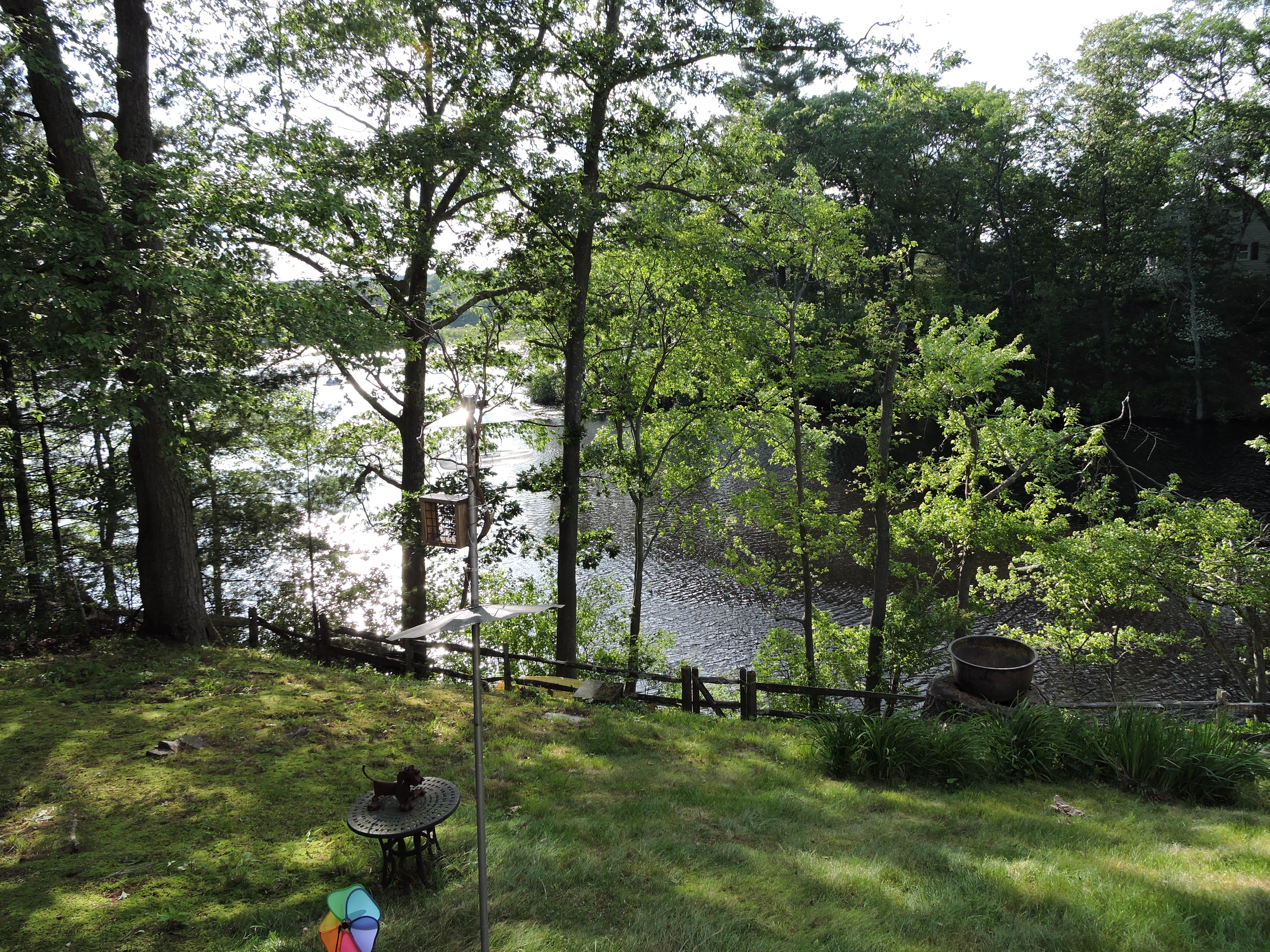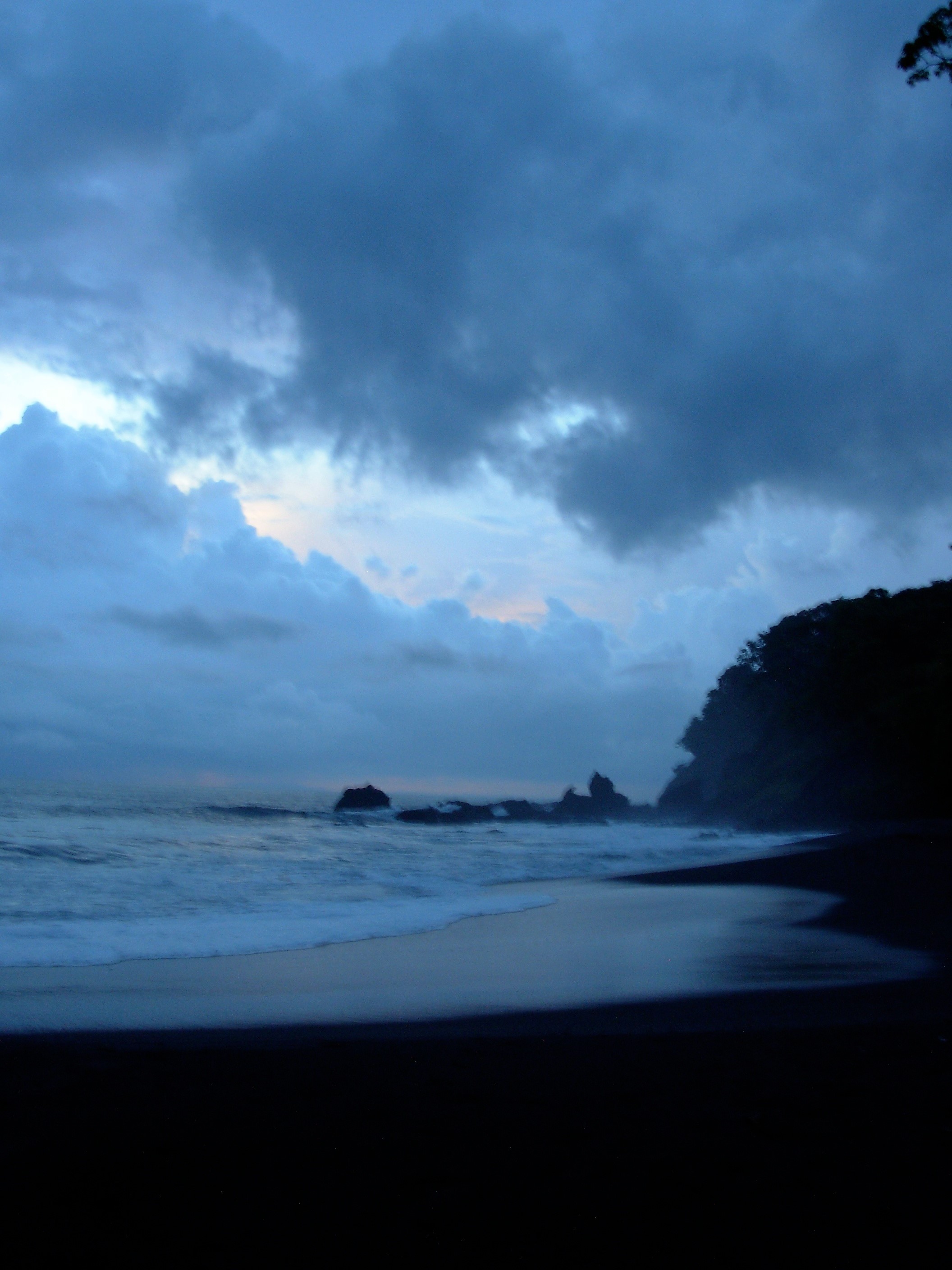Awareness is the sine qua non of living a meaningful and satisfying life. As far as Maslow was concerned awareness of your instinctoid nature, inner signal, core needs, and values, etc. is the alpha, the omega, and everything in between of living a life congruent with which you are and were meant to be.
This conscious awareness is only the beginning. Full Awareness requires not only attending to the physical world but to the one inside you as well. Maslow was a positive and optimistic thinker. He recognized the uniqueness of each person and the special capacities and potentialities that each alone possess. To discover what these are for you, you must pay attention to your core nature (your inner signal or voice) and to the signals Maslow described as follows:
“Our biological essence, our instinct remnants, is weak and subtle, and they are hard to get at. Learnings of the extrinsic sort are more powerful than our deepest impulse. These deepest impulses in the human species, at the points where the instincts have been lost almost entirely[g2] , where they are extremely weak, extremely subtle and delicate, where you have to dig to find them, this is where I speak of introspective biology…” (Farther, pg. 179)
Guided by these signals, you are able to recognize and satisfy your deficiency needs, recognize your calling and respond, and become self- actualized and able to reap the benefits Maslow holds out before us. That’s all you need do before you have breakfast and go on with your day While such an agenda sounded daunting after the first classes I attended as Maslow’s student, it was, nevertheless, an attractive life plan for me when I was in college. I was unsure of what I wanted, and even less sure of what would make me happy. Maslow’s theories offered me the perfect combination of the unconventional, challenging, encouraging, and mysterious that fit me exactly where I was. Here was my chance to have the mystical, the awe-inspiring, and the life-altering experience without doing drugs. Maslow’s strategy was to start by looking within to heed your inner signals and let them guide you to the places you needed to be.
Conventional society during the 1960s discouraged thinking about or discussing any unusual strange, profound, or “mystical” experience outside a religious context or setting. Nevertheless, we knew such experiences occurred and could change the course of lives. Maslow recognized that to be the happiest and most fulfilled, you needed to become aware of yourself— your wants, feelings, aspirations, fears. That sense of “oughtness” that gives you the clue that you are on the right path. It all begins with honest, unaltered awareness of yourself and your actions. Maslow described this experience in this way:
“To be fully aware—as close to complete awareness as possible—means to focus wholly on the experience: to concentrate utterly, to pour one’s whole self into it, and to be unaware of everything else in the entire world and in all of the time. This state necessarily includes a non-awareness of one’s own ego” —Abraham Maslow (Future Visions, pg. 37)
Now you might argue that you are already aware, so what is this special awareness that Maslow advocates and does it differ from your own experiences. To this question, Maslow might respond as follows: To be fully aware is “to appreciate again and again, freshly and naïvely, the basic goods of life, with awe, pleasure, wonder, and even ecstasy, however stale these experiences may have become to others. Thus, for such a person, any sunset may be as beautiful as the first one; any flower may be of breathtaking loveliness, even after he has seen a million flowers… For such people, even the casual workaday, moment- to- moment business of living can be thrilling, exciting, and ecstatic.” (MAP 21, pp. 214-215) Sounds good does it not?[/vc_column_text][/vc_column][/vc_row][vc_row][vc_column][vc_column_text] [/vc_column_text][/vc_column][/vc_row][vc_row][vc_column][vc_column_text] [/vc_column_text][/vc_column][/vc_row][vc_row][vc_column][vc_video link=”https://youtu.be/3PjXzs0V9_M” el_width=”30″ title=”Guided Imagery by Laura Huxley used in Maslow’s Experiential Psychology Class ( 19 MIN)”][/vc_column][/vc_row][vc_row][vc_column][vc_single_image image=”982″ img_size=”Medium” add_caption=”yes” alignment=”right” title=”View from Maslow’s Backyard—-Site of Many Peak Experiences”][/vc_column][/vc_row]


